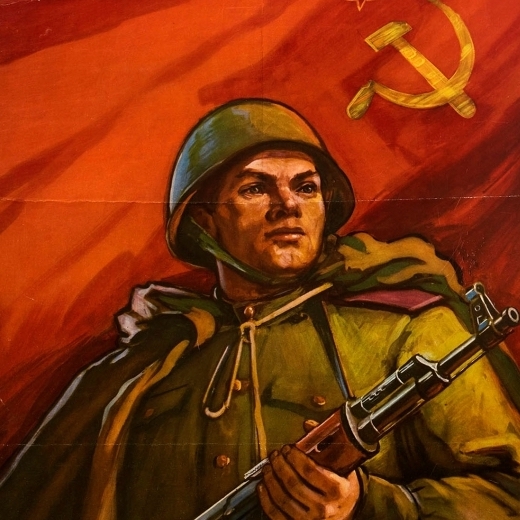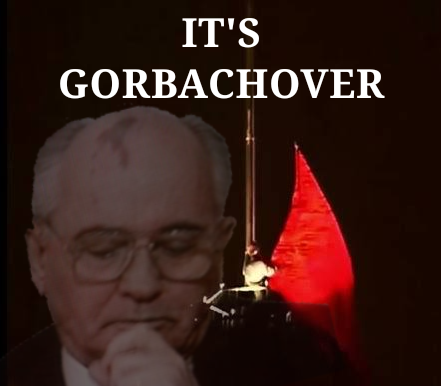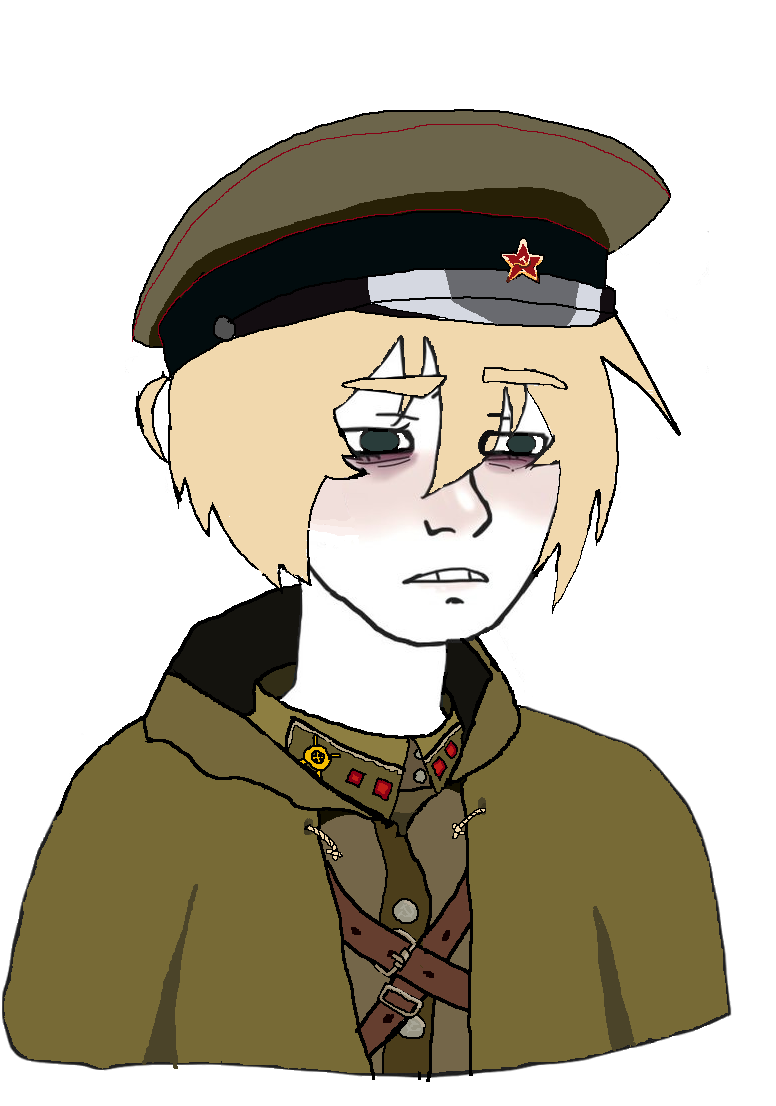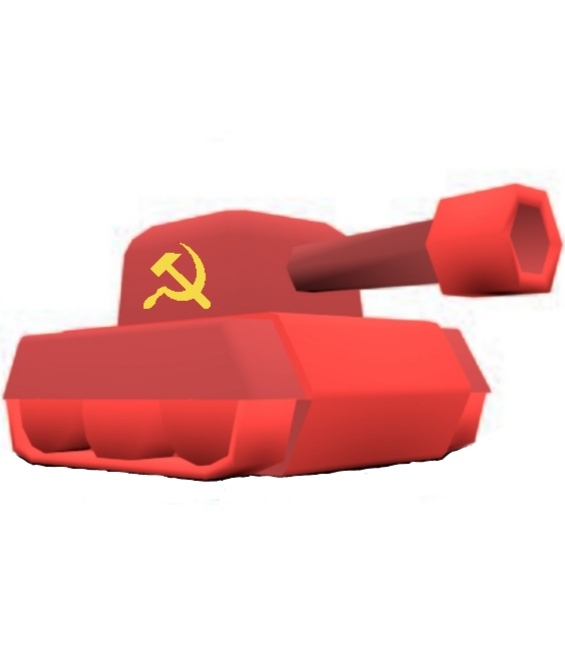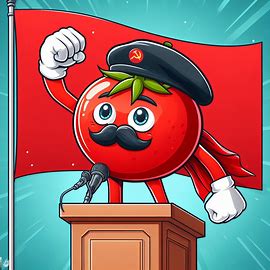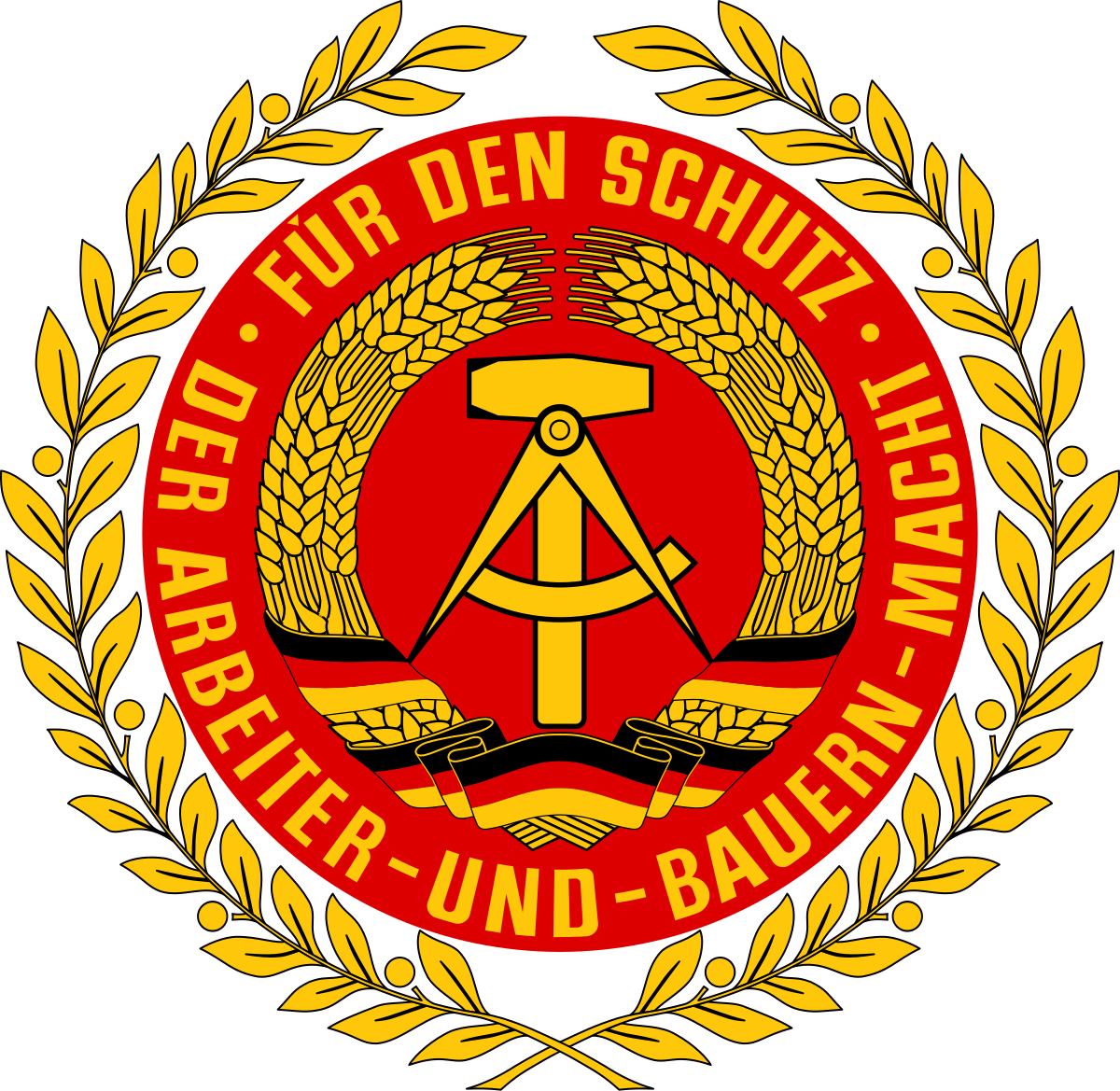capitalism is when you use tiny amounts of private investments in order to bolster socialist state industry? i had no idea!
ultras seriously believe that deng just made china into america or something in the 80s
Has anyone a genuine idea why ultras are like this? It's not like anyone was happy introducing the reforms and taking an (admittedly big) step back but reaching Communism eventually is a process. Why is it so hard for them to realise that countries don't exist in a vacuum. To ensure the long time survival of the Revolution taking a step back is a small price to pay when the alternative is failing and getting pillaged by the west.
its just ultras being blinded by idealism. the road to socialism must adhere exactly to their idealistic, squeaky-clean plan and anything less is stalinist authoritarian dictatorship genocide or whatever. material conditions be damned, the path is prescribed to be one way and it must be followed. its a critically poor understanding of dialectical materialism.
or maybe they, deep down, want to see socialism fail across the world. if they didn't, why would they attack AES so ruthlessly? i'm not sure exactly, but these are my two thoughts on why ultras are the way they are.
It's just so weird. I know a few Ultras in real life and some of them are really well read in theory and yet they fail the absolute basics. Which is the part that confuses me. Like they have so much niche knowledge of Marxism but don't get the basics. How do you end up like this?
- Show
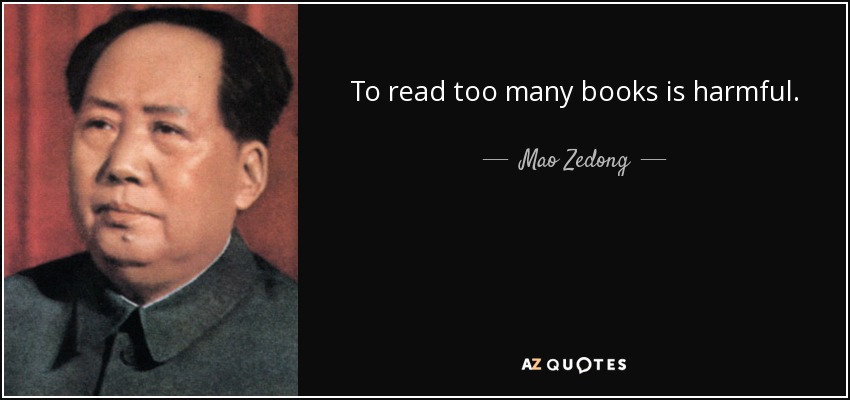
Mao might be able to help you understand ultras issue.
Yeah my father was a naxal he used to say this. Inter commie fighting in 1960-70 was awful. There were hoxaists, romanian commies, khrushchevites, maoists and pol pot types 😁
Thats why left unity among marxists is so important, and the crucial thing ultras forget.
These western ultras are learning things here and there. We had left unity governments but truth to be told left parties fell apart when they went for important challenges. Like industrialization in bengal, CPM supported the Chinese way, right wing and left wing deviations moved away and helped ultra right wingers to kill the process and so on.
"countries don't exist in a vacuum", that is exactly it. Their view of nature is still metaphysical idealist, thats how we are taught at school.
Ultras have internalized metaphysic idealism and are still in the process of replacing it for dialectical materialism (if they actually read anyways), after all dialectics also apply to us. It takes time for us to move on from old concepts to newer ones.
Under Deng China invaded Vietnam, supported the Khmer Rouge, helped the US against the USSR with Operation Cyclone, supported the South Africa-backed UNITA and FNLA, and didn't re-normalize relations with the USSR until pizza man visited. To characterize the critique of China as irrational ultra-leftism is to argue in bad faith.
And is China still doing any of those things? No. Was I talking about anything else but the reforms? No. Are Ultras still targeting modern day China? Yes.
My man I am not arguing with you about Chinas foreign policy in past decades. It was absolute dogshit. But it is not like ultras attack modern day China for past mistakes in foreign policy. Heck it's not even unusual for Ultras to support the Khmer Rouge or the Shining Path so I really don't know where you are going with this.
As i said earlier in this thread, the fact that these things happened is justification enough to question China's commitment to socialism. In spite of his abandonment of Stalin, Khrushchev didn't ditch Cuba and back a Batista color revolution or something. Just because they aren't doing these specific monstrous things now doesn't mean it's ridiculous to question the CPC. What sense does it make to separate the reforms from the policies that literally helped the United States continue its imperialist hegemony?
pointing out foreign policy mistakes is significantly different from claiming that deng executed a coup that made china capitalist
These are crimes on a massive scale that helped contribute to the collapse of the socialist bloc and to the period of vicious reaction we currently live in. They aren't just 'mistakes', and if you understand them as seriously as they should be it makes sense to question the legitimacy of the socialist project
Yeah… that’s why I see Deng as a complicated figure, who wasn’t the best, but didn’t totally deviate from socialism. Non-revolution-exporting and integrating into the world market to benefit from capitalism were beneficial in the long run, though.
I agree with the first sentence and disagree with the latter. The world capitalist system was in decline by the end of the 1980s, the USSR was successful in exporting revolution even as they were actively impeded by China, and the socialist bloc walled off a vast portion of the world to capitalist exploitation. The Soviet Union's fall gave the West a shot in the arm that is only wearing off today. These things are awful for humanity in the long run, but the CPC's continued governance is likely the best of a terrible situation atm.
Fair, it may not have been best for the world, but the people of China are doing decent right now.
Has anyone a genuine idea why ultras are like this?
they dum
Liberals rallying around China bad vs Maoists rallying around China bad
Show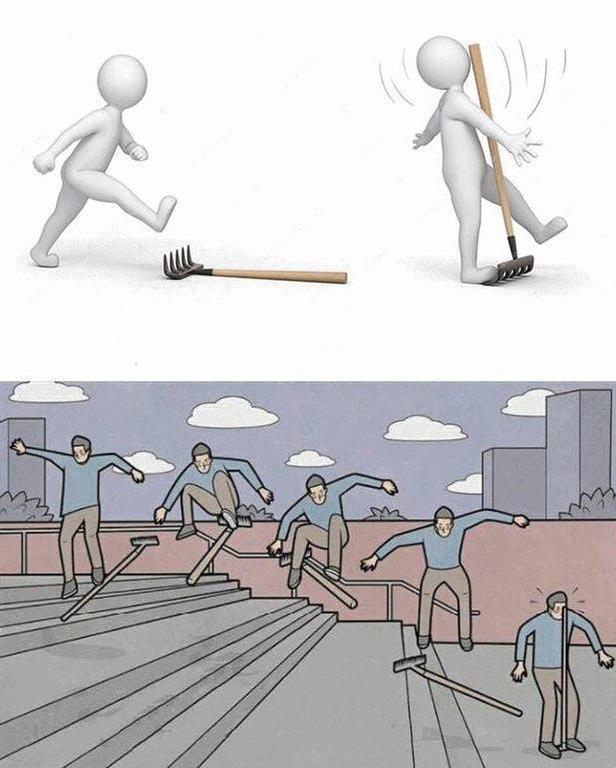
If Mao was so great, why did he create the conditions for "bourgeois elements to emerge and seize power," and what should he have done differently? Cultural Revolution, but harder? There's never any serious analysis of that question, at least that I've seen. The material conditions of the people of China improved with both Mao and Deng and the others.
I mean, you can succeed in some respects and fail in others. We can blame Stalin for Khrushchev, but it's very different from how we blame Khrushchev.
But what's the specific criticism, about what should've been done differently?
For Stalin? Clearly the multiple saboteurs, wreckers, etc. who were able to reach the highest positions in government and wreak havoc before being removed is a subject of concern, and Trotsky seriously should not have been left to roam free for a decade and publish his "anti-stalinist" polemics.
I meant for Mao, but for Stalin is also relevant. I still don't see criticism or suggestions, just "these people were concerning."
Trotsky was a fairweather comrade who became a wrecker when he lost popularity. Wreckers, especially ones who are "men of letters" and have an excellent rhetorical "in" like being a veteran of the revolution should not be dealt with as lightly as with exile. Either you re-educate them (this is most preferable), you leave them to rot in jail, or you kill them. Exile, even "internal exile", is leaving them as a serious liability for counter revolutionary agitation.
Stalin did have Trotsky killed though, eventually. I just feel like you're looking back with the benefit of hindsight and seeing things, not necessarily with Trotsky specifically, but generally being like, "The problem is they let bad people come to power instead of good people," and that's not a valid criticism if it's something that you can only see in hindsight. Did Stalin let people he thought were reactionary/revisionist hang around? If so, why, if not, then was Stalin's method of determining who was bad flawed, and in what way? You can't just say "these people shouldn't have come to power" you have to look at why they came to power and how they could have been identified and prevented.
Trotsky lived for a decade in exile when the exile was over basically the issues I outline, and later on Stalin and Co. did have people killed for roughly the same crimes Trotsky committed and was exiled for (indicating that they learned from the mistake).
That's the point. He did basically what you said he should do. It's like you're saying, "I agree with his decisions, I just don't agree with the outcomes they led too." I don't have any information on when precisely Stalin decided he wanted Trotsky dead, but you can't just assume that he can write his name in a death note and have him drop immediately, and if one guy surviving ten years in a foreign country can destroy an entire revolutionary project just by writing then tbh it seems like the whole thing was doomed from the start. You can't predict every such case, it's not a valid criticism.
Really funny that they use the 800 million number given that in 1953, 4 years after the PRC's founding, China's population was around 582 million, yet in the past 40 years (notably after Mao's death) the CPC's governance has lifted 800 million people out of poverty.
Where did they get the 800 million number from? Did they get it mixed up?
It's a little bit of a deceptive figure since it doesn't have a good way of accounting for what people had under Mao, and poverty skyrocketed with Deng before it got better.
I've found it difficult to find sources specifically detailing the poverty rate pre-Deng and post-Deng. Income inequality undoubtedly increased under Deng (par for the course for market reforms, unfortunately), but I don't think that's a relevant measure when considering what "extreme poverty" is (deprivation of basic human necessities like food, water, and shelter - intentional or incidental).
If you have sources, I'd appreciate it. I can't find anything detailing the poverty rate prior to 1980.
Here's one:
https://www.tandfonline.com/doi/full/10.1080/13563467.2023.2217087
Thanks!!
I don't doubt it and I believe ya, I just wanted more info. I'm not a fan of market reforms in the ideal, but I can, to an extent, understand their historical necessity for China & Vietnam.
addendum:
These estimates indicate that from 1981 to 1990, when most of China’s socialist provisioning systems were still in place, the country’s extreme poverty rate was on average only 5.6 per cent.
Moreover, extreme poverty in China increased during the capitalist reforms of the 1990s, reaching a peak of 68 per cent, as privatisation inflated the prices of essential goods and thus deflated the incomes of the working classes.
Can't really fault people for thinking the PRC really did take the "capitalist road", holy shit. If it weren't for their major successes as of recent, I'd still think the same.
Vietnam's situation is further complicated by IMF involvement. What you highlighted is why I generally think that the "economic miracle" aside from being crass liberal myth-making, solved a problem that it itself created because the privatization reforms multiplied poverty roughly 15 times before bringing it back down over the course of a few decades, but many people never saw the other side of that change because they died in squalor.
I don't mean that to go Maoist, I think that something at least similar to what Deng did was probably necessary to prevent China being destroyed by capitalist encirclement, but there is the danger in the long term that it saved the revolution from murder only by having it commit suicide.
I personally believe it was and still is a totally valid strategy of China to use Capitalism as a means to bring about prosperity to its people, for it is impossible and irresponsible to build Socialism on poverty.
The strategy Mao implemented was formulated with the, at the time, current material conditions kept in mind. Deng did exactly the same for his time. "A very poor population, the lack of an industrial base and the lack of a large urban population" were the driving forces behind the "Reform and Opening Up" policy. These conditions were brought about by the policies made by Mao. That doesn't mean Mao's policies were 'bad': the average life expectency went up from 35 in the 1950s to 70 in the late 70s. But the average citizen still lived on less than 1$ a day.
^This is taken from Prolewiki's Deng Xiaoping article
So reforms are undertaken by attempting to improve certain aspects, but will inevitably have contradictions accompanying them, which the next reform will address in turn. And such is China's approach. Capitalism brought about fast industrialization which lead to wealth, but has also brought about pollution issues amongst others, which China is addressing now (reduction of reliance on coal, banning it in Beijing altogether, tho not completely eliminated, massive reforestation projects and becoming the global leader in green-technology)
^This is taken from leohezhao.medium.com "The Long Game and Its Contradictions" a generally great article imo.
What I don't know at all is if there was anything like a rivalry between Deng and Mao? I ran out of time so if anyone can shed light on that i'd be happy. Nevertheless I'm certain Mao would have been happy with the results of Deng's reforms.
There was general infighting over leadership (there still is) and while some may argue that Deng Xiaoping was never trusted by Mao, I would argue that they were very much bonded by the fucking wars they fought together. The actual dispute was with the Gang of Four and the loyalists that followed Mao's wife and imo that it was a Marxist dispute over how the country would move forward. There is speculation that it was between the mistress and the wife and while interesting, holds less weight without hard evidence.
There are bourgeois elements and there always were. The class cannot disappear simply because a Marxist party is formed.
More so, Sun Yat-sen's dream for China is closer to what it is now as a cumulative result of everything that has transpired since the revolution - not just the single step forward of the revolution itself. In his recorded lectures (in regards to the path of China), two points of note: 1. never trust the U.S and 2. The USSR are strong but (I'm paraphrasing here as I haven't read the text in a year) don't follow them blindly.
I think Deng was a pragmatic figure , he understood the theory of socialism more than Mao and its leadership in later years. Mao had a hard time relating to the rapid changes in the world. Deng opened up the economy and modernized China in thought and spirit. Although China had a revolution in 1949 but it had a huge gap in technological progress and technically skilled people w.r.t west. China did the right thing and by self correcting the course and again reorienting its policy towards anti west , it brought US to its knees . Marxism is about people's development not just in paper but in real time world,
Mao himself even said that if handled correctly, the relationship between the proletariat and the national bourgeoisie may not necessarily be antagonistic
It’s not like we’re saying “Communism means no commerce and absolute poverty until the machine god brings us to utopia.”
Mao himself even said that if handled correctly, the relationship between the proletariat and the national bourgeoisie may not necessarily be antagonistic
Critically, this is in the context of an imperialist world order. If imperialism is defeated, the class antagonisms of these two groups will be brought to the fore.
Ultras gonna ultra. This is what having no materialist analysis does to you.
Lenin declared his own policies to be state capitalist. State capitalism is not the same thing as liberal capitalism, and it turns out to not be a great system, but it is a type of socialism.
Yeah he was a very innovative man. We forget he saw the future about 100 years ago.
China is mostly not state capitalist, though afaik its oil sector is.
Lenin even wrote about it himself. The information campaign about the real goals, methods and the ideology of NEP was the great effort, but ultimately it worked. Lenin was even (for him) very restrained about dunking on the opposition in the party and iirc waited quite long before calling the remaining hardliners "left deviationists".
Shit I liked this channel they've got Lady Izdihar content hope she's not like that
Cool, I didn’t know that was a thing. Do the naxalites have any chance of winning anything or are they just another Maoist guerrilla group that chose the wrong time to start a people’s war?
Naxals were inspired from Cultural revolution of China, they were mostly young intelligent students from universities and colleges. Most got killed by military and police, my father was arrested by police and was beaten. Eventually the CPIM whose members also killed during the process saved him. Naxals later abandoned the idea of arms struggle , some joined CPIM some fled to the jungle who later became CPI maoists (2000s). Maoists got crushed by BJP government. Naxals and Maoists did enormous errors, they targeted CPM cadres and killed them brutally, they also targeted ordinary low wage soldiers , generally in India lots of lower caste people join the army because of minimal wage and healthcare. Nowadays Maoists are busy on hating China, Russia etc. They see no country after 1976 Maoist China as a true socialist country.
the Marxist-Leninists of all countries must relentlessly expose them, fight them
Imagine people at the EFF read this quote and are like “I guess we gotta invade China now.”
I was thinking Electronic Frontier Foundation and was really confused.
executing a coup d'etat in 1976 and just sitting on my thumb for 4 years until i become leader

I feel like a lot of the youtube left has become maoist-adjacent

